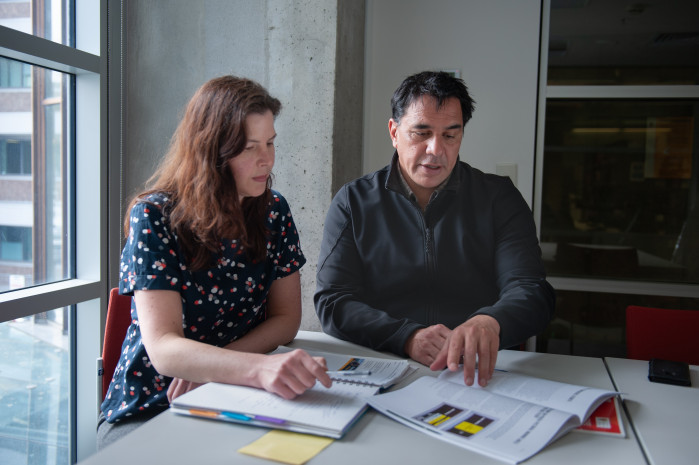Clean teens: Why are fewer young people smoking, drinking and using drugs?

Dr Jude Ball of the University of Otago will investigate the dramatic decline of smoking, drinking and drug use among Māori and non-Māori adolescents to determine the drivers of this ‘megatrend’
Adolescent smoking, drinking and drug use have declined dramatically over the past 15-20 years in Aotearoa New Zealand and other OECD countries. This ‘megatrend’ is poorly understood despite its public health importance. This large and unprecedented decline is youth-specific and sits alongside almost universal declines in teen pregnancy, juvenile crime and dangerous driving. What is driving this trend is unknown. This leaves policy makers and researchers struggling to influence further positive change or prevent future reversals in the trend. Understanding the drivers of the declining substance use among Māori teens is particularly important as gaps between Māori and non-Māori remain stark.

Dr Jude Ball and Mr Anaru Waa. Photo supplied
In her Marsden Fast-Start grant, Dr Ball will work with Māori advisor Anaru Waa (University of Otago) along with a Māori Masters student to investigate the possible contribution of the changing functions and meanings of substance use in adolescents' lives, for both Māori and non-Māori. In this qualitative study, she will compare archival interview data collected at the peak of adolescent substance use 20 years ago, with contemporary data collected for this study. The interviews cover friendships, lifestyle, and perceptions about substance use and non-use. They aim to address questions such as whether other practices (social media and gaming for example) are fulfilling the social functions that substance use once did (such as projecting a 'cool' or 'grown up' identity, bonding with friends and meeting new people). The findings will contribute to international efforts to understand why substance use has declined in adolescents. This work may also inform local efforts, including those by and for Māori, to reduce substance-related harm.
